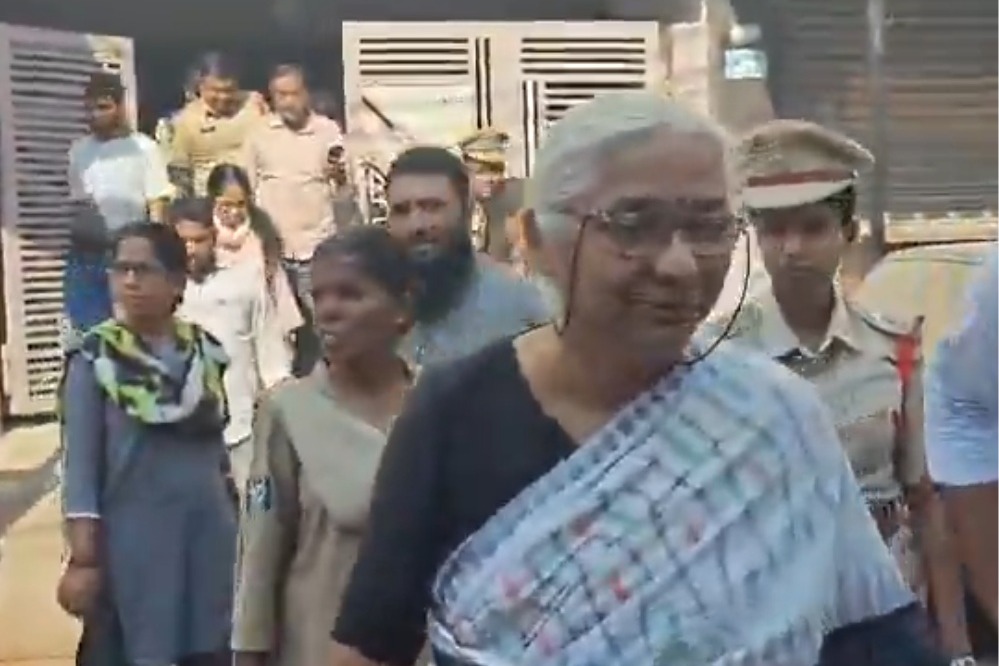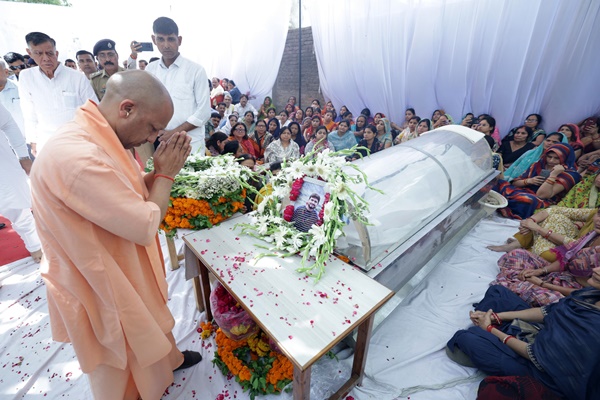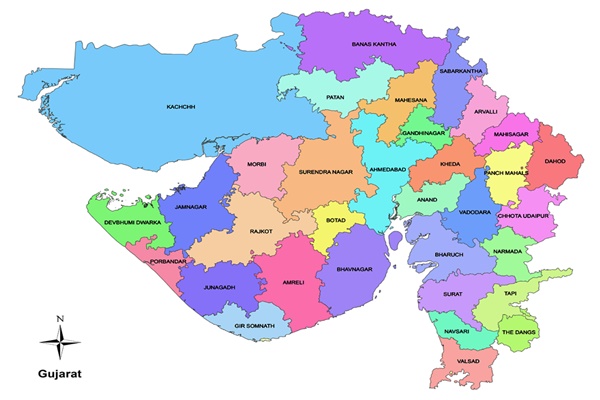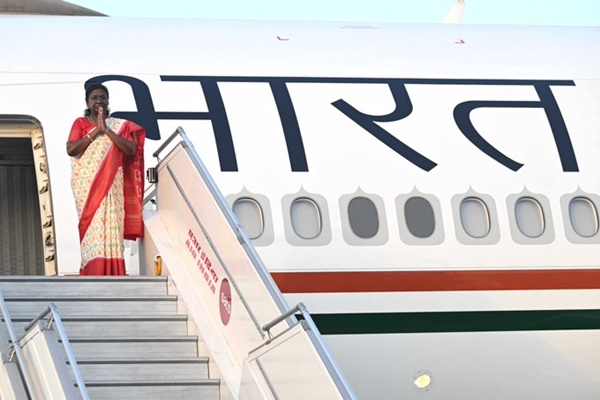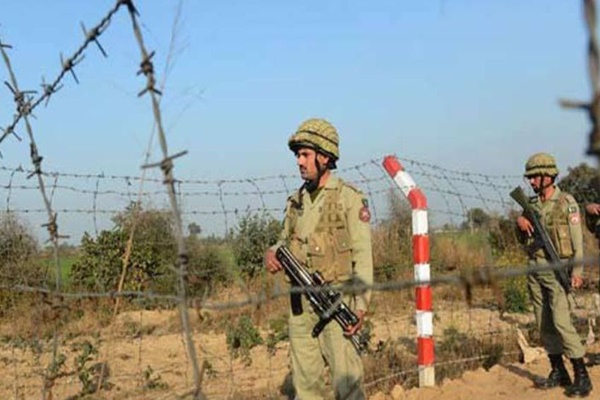GHMC intensifies measures to fight vector-borne diseases
Fri 05 Nov 2021, 11:15:51
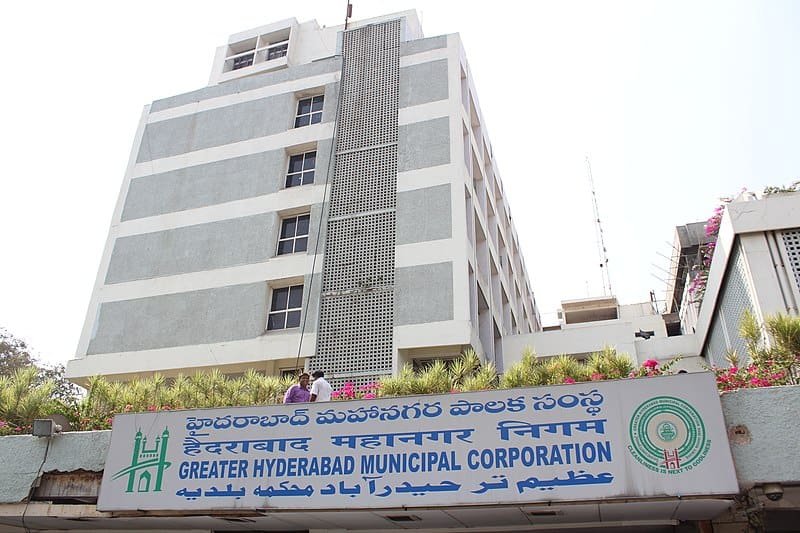
Greater Hyderabad Municipal Corporation (GHMC) intensified measures to fight vector-borne diseases. As part of this exercise, about 642 teams from the entomology wing inspected 23.90 lakh houses in October to check for mosquito larvae breeding and identified 47,103 houses where the breeding was taking place.
The special teams apart from treating the breeding spots like water storage containers with larvicide Temephos also identified hot spots where seasonal ailments like dengue and malaria are endemic in Hyderabad.
To strengthen and improve the activities of the entomology activities, the civic body also adopted technology in its day to day activities. As part of the initiative, special devices have been installed to fogging machines to track their movement and the distance covered.
Authorities also installed mosquito trap machines at six different zones
in the city, which will identify mosquito density in the locality. Based on the data collected from such machines, authorities are conducting anti-larval measures and taking-up awareness campaigns on vector-borne disease.
in the city, which will identify mosquito density in the locality. Based on the data collected from such machines, authorities are conducting anti-larval measures and taking-up awareness campaigns on vector-borne disease.
To curb the menace of water hyacinth in lakes, the authorities also utilised the services of drones to spray chemicals. About 18 Anti-Larval Operation (ALO) teams with 54 workers are taking-up anti-larval operations in Musi from Attapur to Chaderghat bridge.
Senior GHMC officials said that containing seasonal diseases is difficult without community participation. “It is very important for people to get involved in the fight against vector-borne diseases. We have introduced novel initiatives like ‘10 minutes at 10 am every Sunday’ to encourage the public to be a part of this initiative,” GHMC Chief Entomologist Ram Babu said.
No Comments For This Post, Be first to write a Comment.
Most viewed from Hyderabad
Most viewed from World
AIMIM News
Latest Urdu News
Most Viewed
May 26, 2020
Do you think Canada-India relations will improve under New PM Mark Carney?
Latest Videos View All
Like Us
Home
About Us
Advertise With Us
All Polls
Epaper Archives
Privacy Policy
Contact Us
Download Etemaad App
© 2025 Etemaad Daily News, All Rights Reserved.


.jpg)
.jpg)
.jpg)
.jpg)
.jpg)
.jpg)

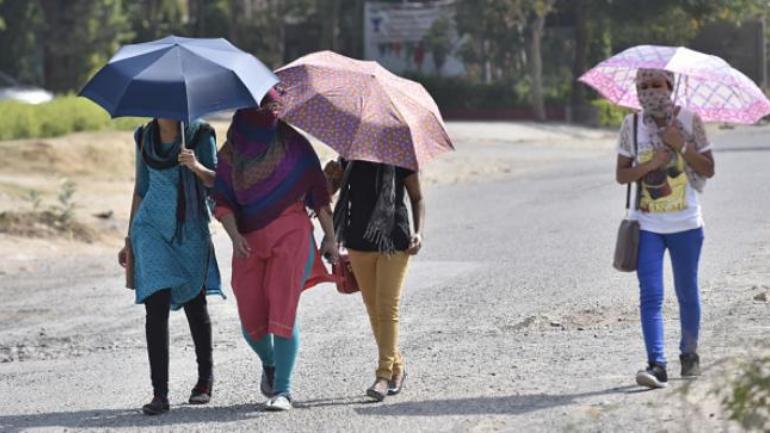
.jpg)
.jpg)
.jpg)
